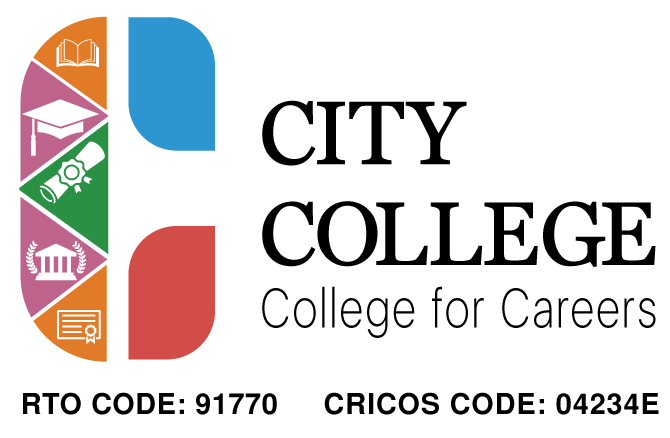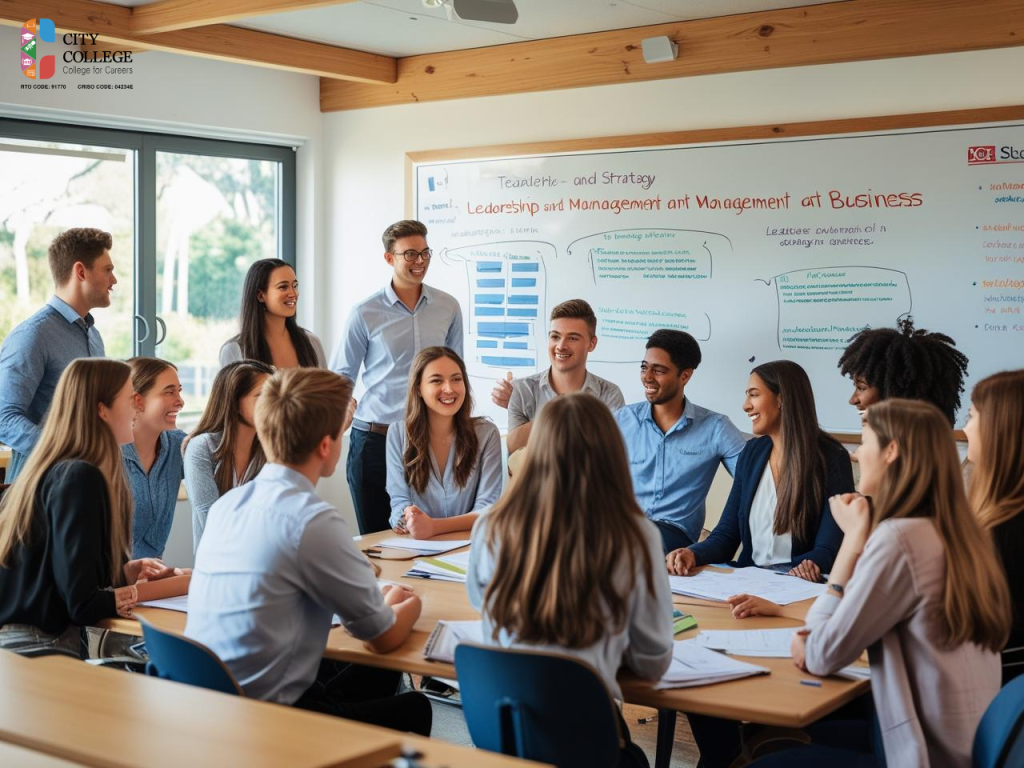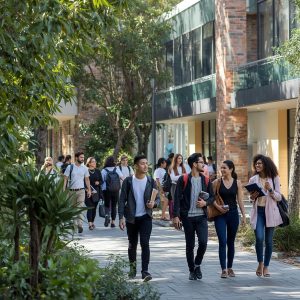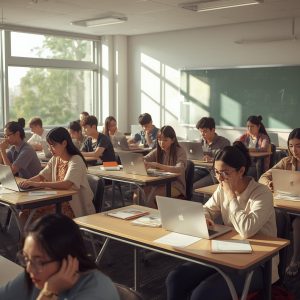Have you ever wondered why we go to school or college? Is it just to pass exams or to truly prepare for life? Many students believe studying means memorizing books and scoring high marks. But real learning is more than that. But this college provides practical learning for students.
Education is about building your life. It teaches you how to think, solve problems, talk to people, and work confidently. When we mix knowledge with practical skills, learning becomes more powerful. This is what many modern colleges like City College in Australia believe in: learning that helps students succeed not just in classrooms but also in real life.
In this article, we’ll talk about why practical education is so important, what skills matter most today, and how you, as a student, can start preparing now. You don’t need to be a grown-up or in university to understand this. Even as a class 8 student, you can start building a strong future step by step.
What Is Practical Education?
Practical education means learning by doing. It is not only reading from books but also applying what you learn in real-life situations. For example:
- When you learn computer lessons and actually use a computer, that is practical education.
- When you learn about engines and get a chance to work with real car parts, that is practical education.
- When you learn how to talk to people politely and clearly, that’s also a skill communication is part of practical education.
In simple words, practical education connects your classroom knowledge with real-world needs. It teaches you how to do things, not just know things.
Why Is Practical Learning Important?
The world is changing fast. Many jobs that exist today did not exist ten years ago. Technology is everywhere. Companies are looking for people who can think, create, and work with their hands and minds.
Here are some reasons why practical learning is important:
- It makes you confident.
When you know how to do something, fix a machine, use software, speak clearly you feel proud and ready. - It helps you understand better.
Doing things helps you remember and understand them more than just reading. - It prepares you for work.
When you finish school, you will need real skills. Practical education gives you a head start. - It builds problem-solving skills.
You learn how to handle real challenges, not just answer test questions. - It connects you to the real world.
You begin to see how lessons in school apply to jobs, communities, and daily life.
The City College Approach
City College, based in Australia, believes that students learn best when they combine theory with practice. This means they teach subjects in a way that connects books with real-life skills. and practical learning for students.
For example, a student studying Automotive doesn’t only read about engines. They get to work with real cars. A student studying Information Technology doesn’t just read about computers; they actually use them, code, and fix problems.
This kind of education helps students all over the world get ready for real jobs — not just exams. The focus is on skills you can use, not just knowledge you can write in a test. also provide practical learning for students.
Even if you’re in class 8 now, this is something you should understand early. The future will need people who know how to do things, not just how to memorize them. but also provide practical learning for students.
Skills You Should Start Building Now
You don’t need to wait for college to start learning important skills. You can begin right now, even at school.
Here are some key skills that will help you anywhere in the world:
1. Communication Skills
Being able to speak clearly, write simply, and listen carefully is one of the most useful skills in life.
How to practice:
- Talk in class discussions.
- Read aloud daily.
- Write short stories or journals.
- Listen carefully to teachers and friends.
Good communication helps you express your thoughts and connect with others confidently.
2. Problem-Solving Skills
Every day brings small challenges. Problem-solving means finding smart and simple answers to those challenges.
How to practice:
- Think calmly before reacting.
- Try to find more than one solution.
- Learn from mistakes and try again.
People who solve problems quickly become leaders.
3. Time Management
Managing your time means planning your day wisely. Students who learn this skill early find it easier to handle studies, hobbies, and rest.
How to practice:
- Make a daily timetable.
- Do important work first.
- Avoid wasting time on mobile or TV.
Good time management gives you balance and peace of mind.
4. Teamwork
You cannot do everything alone. Learning to work with others is a skill that helps in school and at work.
How to practice:
- Work in groups for projects.
- Share ideas and listen to others.
- Help your classmates when they need support.
Teamwork teaches you respect, patience, and cooperation.
Learning the City College Way
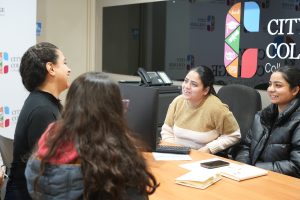
At City College, students learn by doing, not just by reading. You can follow the same approach even while you’re still in school. Start by being curious. Ask questions and try to understand how things really work. Don’t just accept answers, explore and find out more.
Next, practice every day. What you learn becomes more powerful when you use it. Try small projects, simple activities, or classroom experiments. These help you remember better and grow more confident.
Also, take part in school programs like clubs, workshops, and competitions. These are great chances to meet new people, share ideas, and build useful skills outside your textbooks.
Remember, you can also learn from real life. Help your parents at home, fix small things, or notice how simple tools and gadgets work. Real learning often happens in everyday moments.
Finally, keep learning new things. Every skill whether it’s cooking, drawing, or coding teaches you something important, like patience, focus, or creativity. The more you learn, the more prepared you’ll be for the future.
Real-World Example
Let’s take an example.
An 8th-grade student named Omar loved computers. He didn’t know where to start, so he began watching short lessons online. He practiced typing and learned how to make small presentations. Slowly, he learned coding basics. but they provide Practical learning for students
By the time he finished school, Omar could build simple websites. Later, he joined a college that focused on practical learning like City College. Today, he works as a junior web developer.
Omar’s journey started early with curiosity, daily practice, and a love for learning. You can do the same.
Challenges You Might Face
Learning new things can be hard at times. Here’s how to deal with common challenges:
- No resources? Use school labs, libraries, or free online tools.
- Shy or scared? Remember, every expert was once a beginner. Start small.
- Not enough time? Manage your small efforts daily more than long breaks.
- Lack of support? Find one teacher or friend who believes in you.
Every problem has a solution if you keep trying.
Conclusion
Education is a journey. It is not only about passing exams it is about preparing for life. Practical learning teaches you how to think, create, and do things that matter. They not only rely on theory, they provide practical learning for students.
Whether you want to become a doctor, engineer, artist, or mechanic, skills will help you move forward. City College’s approach to learning by doing is the future of education. And you can start building that future today.
Be curious. Be patient. Learn new things. Practice daily. The skills you build now will shape your tomorrow. If you want to learn more, explore city college courses.
